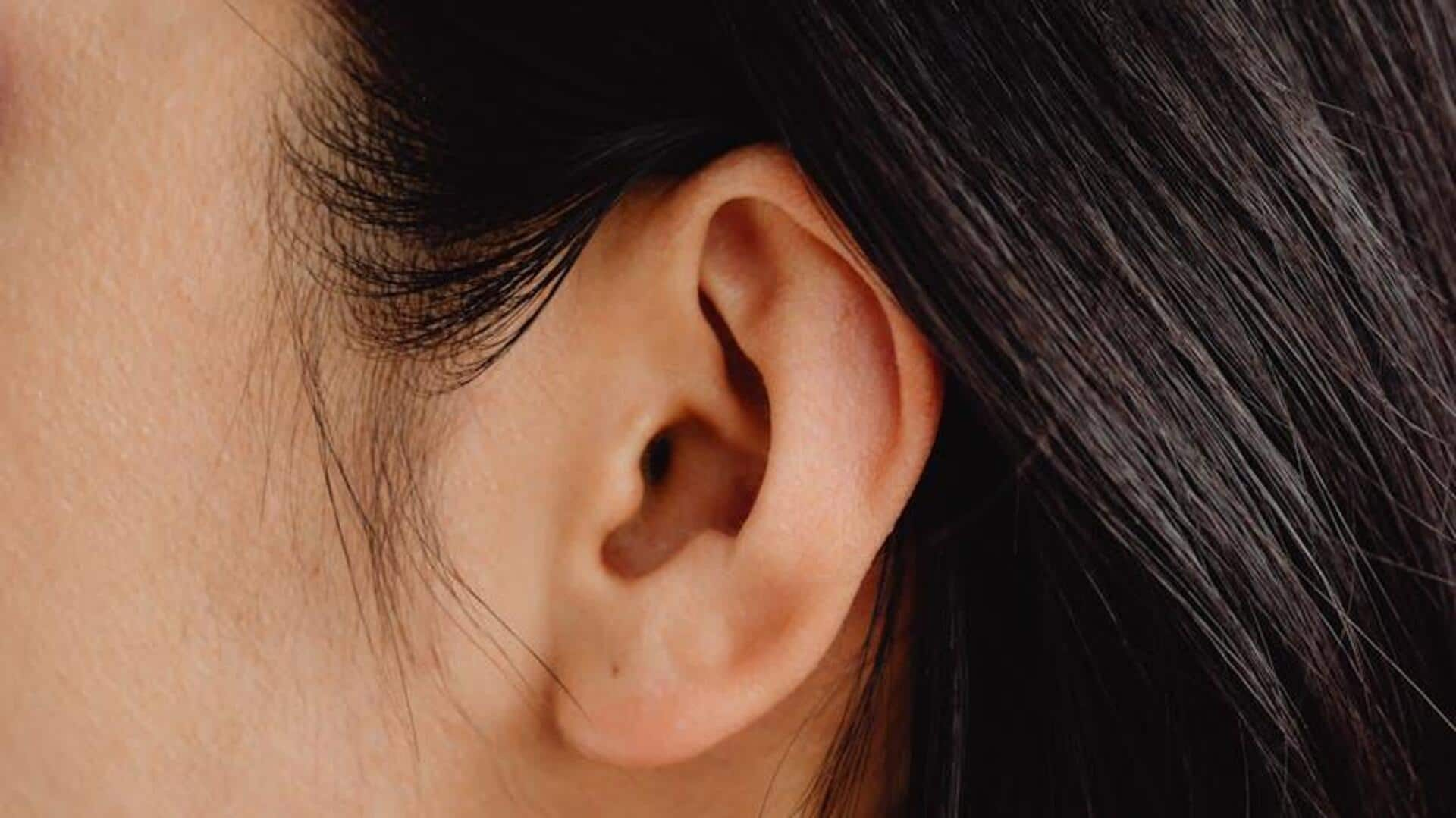
Improve your hearing with these 5 exercises
What's the story
The Weberian ossicles are minuscule bones located in the inner ear that serve as the body's natural amplifiers, significantly contributing to our hearing abilities.
By increasing their sensitivity, you can enhance your auditory perception and amplify your overall sound experience.
This article provides a simple routine of five exercises to help you "tune up" your ossicles, offering a natural and easy way to potentially upgrade your hearing.
Frequency
Focus on frequency filtering
One powerful exercise is to practice frequency filtering.
This means using an app or online tool that produces sounds at different frequencies.
You then focus on identifying and differentiating between various frequencies, starting from lower ones and progressively working your way up to higher ones.
With time, this exercise will hone your ability to perceive even the slightest variations in sound frequencies, thereby fine-tuning the sensitivity of your weberian ossicles.
Volume
Volume variation training
Another beneficial exercise is volume variation training.
Start by listening to audio at a comfortable volume level, then gradually lower the volume until it's almost inaudible.
Attempt to focus on the details of the sound at this low volume before slowly raising it again.
Repeating this cycle trains your ears and the Weberian ossicles to become more sensitive to changes in sound intensity.
Directional
Directional hearing enhancement
Training your directional hearing increases Weberian ossicle sensitivity. This involves pinpointing the source of sounds without relying on your sight.
Simply practice with a friend who walks around you while clapping their hands, or use speakers placed at various points in a room.
Honing this ability enhances spatial awareness and trains your auditory system to respond more accurately, helping you identify the direction of sounds more easily.
Discrimination
Sound discrimination development
The key to developing sound discrimination is to practice distinguishing between similar sounds or words that are easily confused.
Listening exercises that challenge you to identify subtle differences in phonetics or similar sounding musical notes are especially effective.
With consistent practice, your auditory processing skills will improve, and your ears and brain will become more adept at differentiating between similar sounds.
Memory
Auditory memory exercises
Boosting your auditory memory strengthens your Weberian ossicle sensitivity by helping you process and remember sound information more effectively.
Practice by listening to short stories or number sequences, then try to remember as much detail as you can after some time.
This helps you become better at recognizing and interpreting sounds, which is beneficial for your ear health and function.